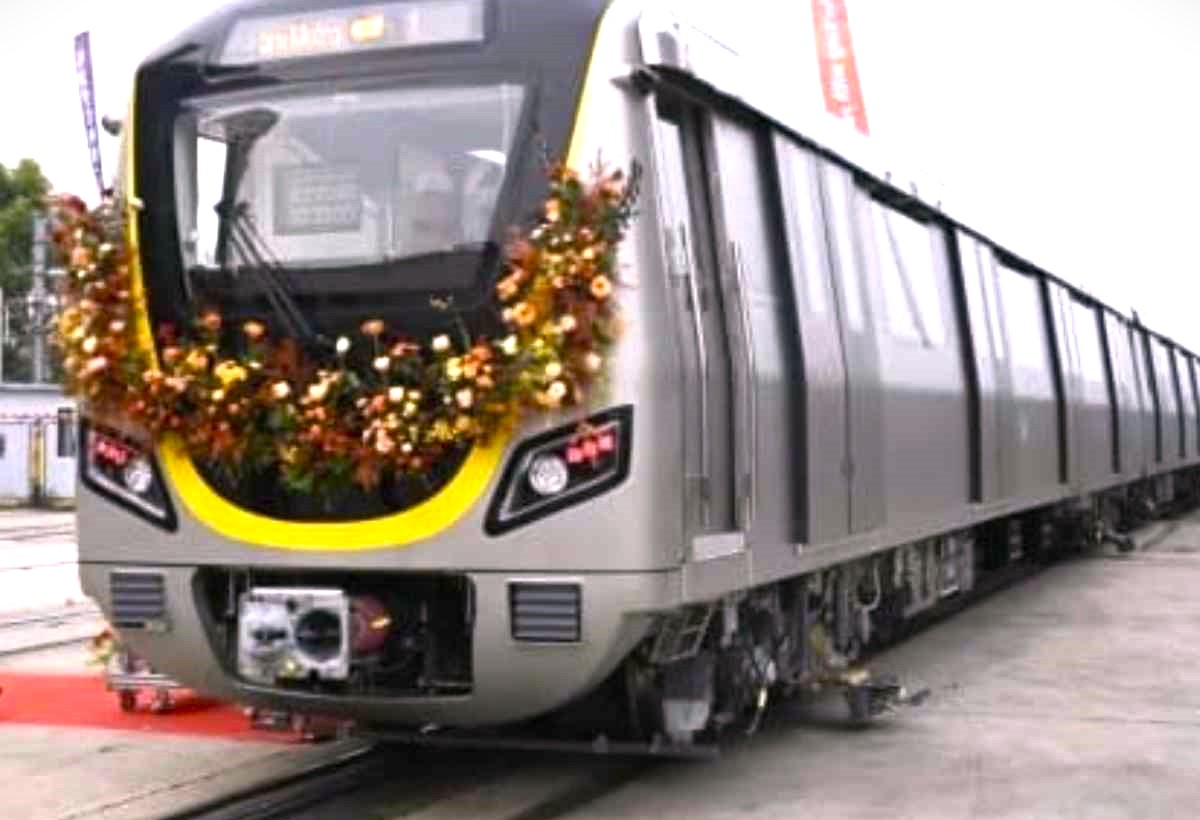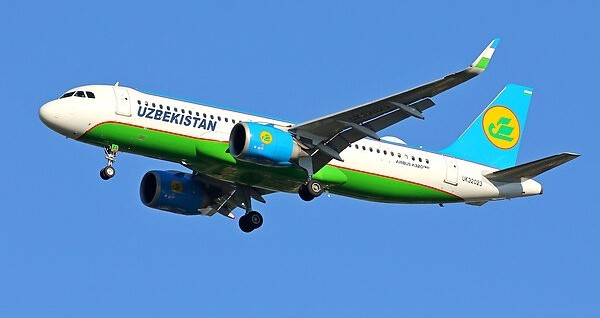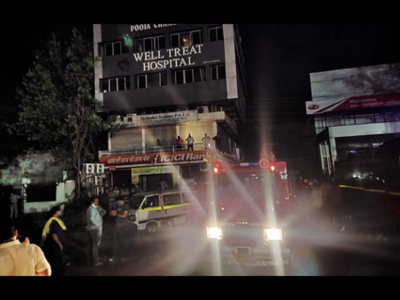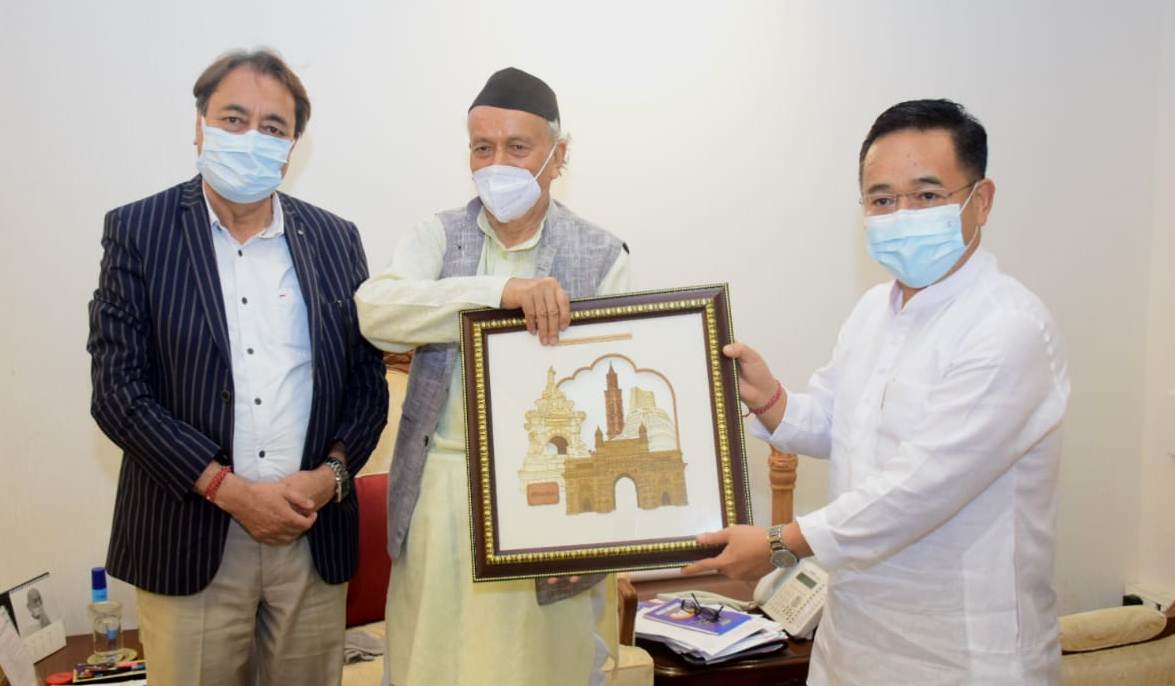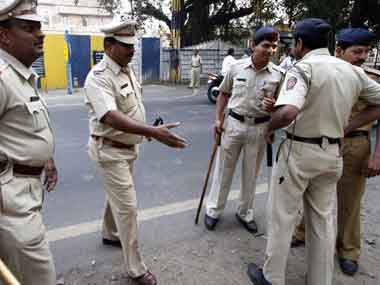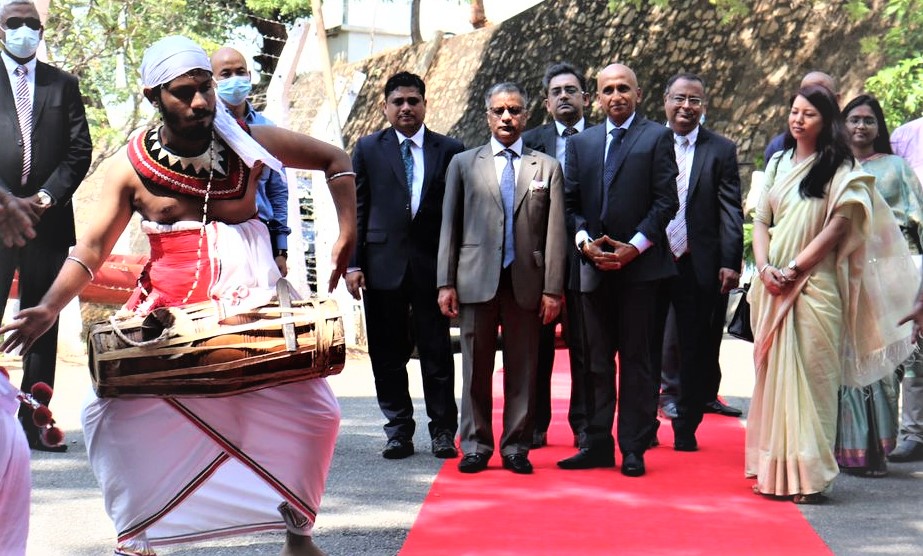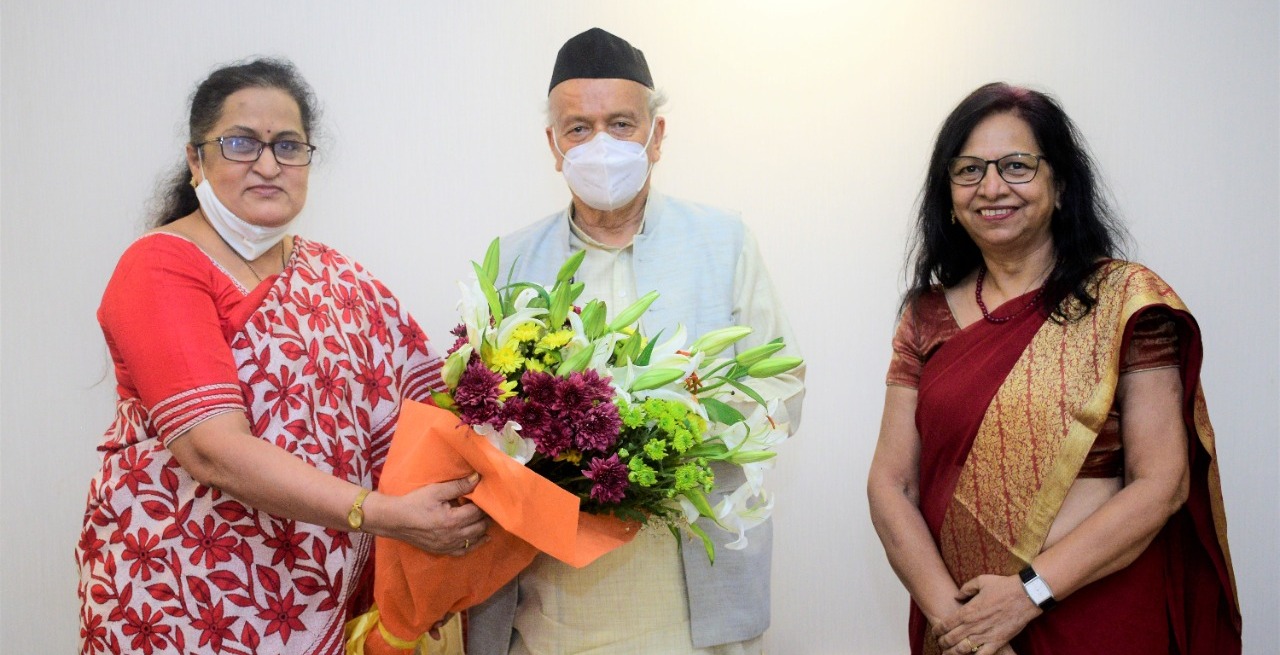By Mewati Sitaram
In a groundbreaking development for Bengaluru’s Electronics City Metro, the first-ever driverless train has set sail from China, marking a pivotal moment for the city’s metro system. Officials from the Bangalore Metro Rail Corporation Limited (BMRCL) confirmed that the initial six-coach train destined for the Electronics City Metro (19-km Yellow Line) was loaded onto a ship on January 20 and is enroute to Chennai.
Anticipated to arrive at Chennai port by mid or end of February 2024, the train will then be transported to Bengaluru’s Hebbagodi depot via road, according to a senior BMRCL official.
A team of BMRCL officials had previously visited China for Factory Acceptance Tests, ensuring the train’s compliance with standards. Chinese customs conducted an inspection before dispatch, and upon its arrival in Bengaluru, the train will undergo trials lasting nearly three months.
Additionally, another train equipped with the DTG (distance-to-go) signalling system is expected to arrive from China, reinforcing the city’s metro infrastructure.
Originally scheduled for shipment in September 2023, the train’s departure faced delays attributed to various challenges. The Yellow Line, connecting South Bengaluru and Electronics City, faced setbacks despite its strategic significance, with delays impacting major corporations like Infosys and Biocon.
In December 2019, CRRC Nanjing Puzhen Co. Ltd., a Chinese company, secured the contract to supply 216 coaches for the BMRCL. Out of these, 126 coaches (21 six-coach trains) are earmarked for the purple and green lines, while the remaining 90 coaches (15 six-coach trains) will enhance the Yellow Line.
Supply delays arose due to CRRC’s challenges in identifying a local manufacturer to meet the 75 percent local production requirement under the Make in India initiative, compounded by factors like Covid-19, foreign direct investment policies, and trade restrictions with China. To address these issues, CRRC partnered with Kolkata-based Titagarh Rail to manufacture and supply the coaches, with production taking place near Kolkata.
The remaining 204 coaches will be manufactured in India by Titagarh Rail Systems, with delivery expected by March 2025. A BMRCL official noted that the body shells of two other trains from China reached Titagarh’s manufacturing facility in November 2023, and the train building work is set to commence shortly.
In a noteworthy move, BMRCL is deploying the CBTC signalling system, commonly known as ‘driverless technology,’ for the first time. Despite the system’s capability to operate driverless trains on the Yellow Line, BMRCL opted to continue deploying loco pilots.
Visa challenges for CRRC’s technical staff are currently being addressed, with progress reported for both Bengaluru and Kolkata. A phased approach is underway, with technical staff expected to be in Bengaluru for testing and operating CBTC trains and in Kolkata for manufacturing remaining trains.
BMRCL records indicate that 99% of civil work on the Yellow Line has been completed. However, the delay in rolling stock delivery has impeded operations. The original operational timeline for the entire Yellow Line was set for 2021, later postponed to April 2024, and now tentatively expected to be operational by September 2024.
Experts highlight that CRRC and Titagarh must provide a minimum of 8-10 trains for BMRCL to commence operations on the Yellow Line. Testing and trial runs, overseen by the Research, Design, and Standards Organisation of the Union Railway Ministry, will include assessments such as oscillation and emergency braking distance trials. Spare trains are deemed essential for maintenance purposes.
The Yellow Line, with its 16 stations, including Electronic City and Infosys Foundation Konappana Agrahara, holds immense potential to alleviate current overcrowding challenges on operational lines, offering Bengaluru residents an enhanced and efficient metro travel experience.

Editor in Chief : Mewati SItaram

